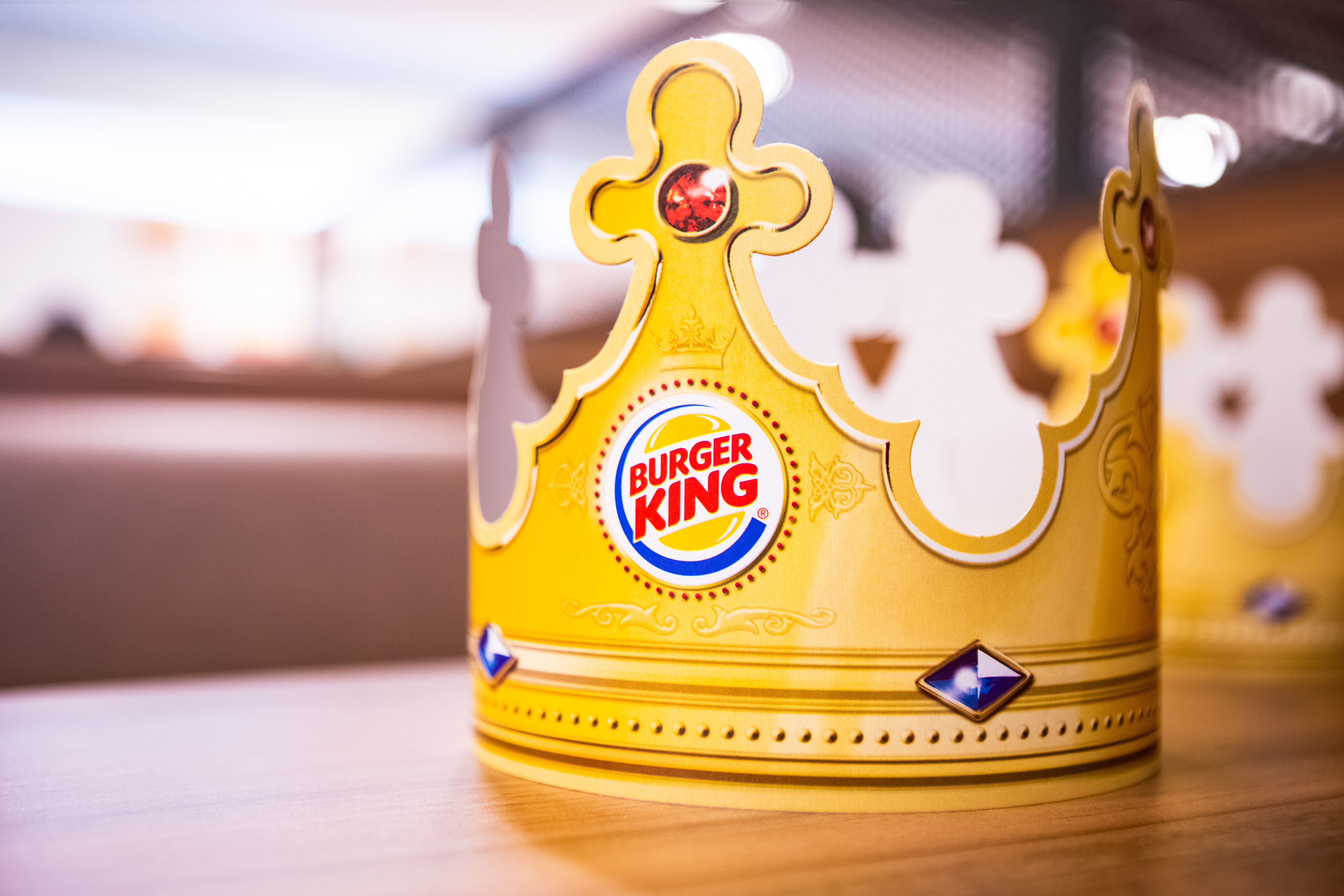Social media interactions between Burger King and McDonald’s are usually limited to trolling one another, but in case you haven’t noticed, 2020 is kind of a weird year. And since this happened quite a few days ago, you’ve probably already heard about it, but Burger King actually urged customers to buy from their biggest rival(s).
Here’s the whole message, from Twitter:
“We never thought we’d be asking you to do this. Just like we never thought we’d be encouraging you to order from KFC, Subway, Domino’s Pizza, Pizza Hut, Five Guys, Greggs, Taco Bell, Papa John’s, Leon… or any of the other independent food outlets, too numerous to mention here. In short, from any of our sister food chains (fast or not so fast).
“We never thought we’d be asking you to do this, but restaurants employing thousands of staff really need your support at the moment.
“So, if you want to help, keep treating yourself to tasty meals through home delivery, takeaway or drive-thru. Getting a Whopper is always the best, but ordering a Big Mac is also not such a bad thing.”
A lot of people – a LOT – applauded Burger King for this tweet, turning it viral and praising it with words like “classy.” Then there were more skeptical responses, including some pointing out that Burger King’s bottom line wasn’t hurting nearly as much as that of small local businesses. Of course, mixed reactions are a given when your reach is in the millions. Personally, though, I not only loved the message, I also think it represents the gold standard for public relations – for two reasons.
1. It embodies a “for better or for worse” ethos
In the 21st century, successful business is the result of a happy marriage between purpose and profit. Without profit, there can be no business, but to be profitable requires purpose – now more than ever. “Believe in your product.” “Stick to your mission statement.” “Unify your team around a clear vision.” Those aren’t just things leaders like to say, they are fundamental necessities for long-term growth and success in an age where consumers demand transparency and meaning.
Companies with a driving sense of purpose generate more revenue, experience less internal and external churn, and are more agile than their peers. It’s just science. As for those people who consider Burger King’s recent tweet to be only lip service, they might be forgetting that the majority of the chain’s stores are independently owned small businesses.
Yes, local businesses deserve our support, and that can include fast-food franchises – which, by the way, provide job opportunities, health benefits, scholarships, and (unfortunately) the only affordable dining options in some communities.
Yes, this was an advertisement designed to sell hamburgers and generate profit. But its method was purpose-driven, and that’s something every business can learn to do and benefit from. At the end of the day, a rising tide lifts all boats – and a widely-publicized message to eat out more helps all restaurants.
2. You can’t go wrong with gratitude
It might seem strange to call the above tweet a grateful one. It doesn’t use the words “thanks” or any of its synonyms. And yet, it does come from a place of gratitude. Even though we tend to think of them differently, kindness and gratitude are usually overlapping. Both involve giving something – whether it’s attention, compassion, or something tangible – and that means taking a temporary hiatus from the pursuit of more.
Whether or not a particular ad contains an element of gratefulness isn’t really the interesting or important part. It’s that gratitude – just like purpose – is a basic building block of success in business, and in order for it to be relevant in the company ethos, it has to start at the top, has to have total commitment, and has to be woven into the very way a company does business.
Maybe it seems like a stretch to say that a grateful tweet will filter down and affect Burger King’s internal culture at the grassroots level. Well, frankly, it’s not. Perceptions of a company’s brand absolutely do affect the attitudes of its employees.
3. Integrity is everything
The communitarian nature of Burger King’s tweet is certainly something we aren’t used to seeing at such high levels of business, and it flies in the face of most preconceived notions about industrial food giants. It’s not that global corporations don’t purport to have values rooted in empathy – just take a look at this part of BK’s own value statement:
“We believe in working together with and listening to our employees, guests, business partners, and the people in the communities in which we live and work. We share their concerns for our neighborhoods, educating children, preserving the environment, providing jobs, and doing our part.”
The issue is that we rarely witness actual effort to uphold those values, even if it does exist behind the scenes. Part of the genius in this tweet, in other words, is its simple but meaningful demonstration of that effort. Almost all companies claim to have ideals, after all. As consumers, we want to support those that pursue those ideals with integrity.
Tasteful advertising is King
I’m not suggesting that the smart thing to do for every business is to go out and advertise for the competition. But just going by the engagement it got on social media, the home of the Whopper got something right with this one, disparaging commenters notwithstanding. So here’s the takeaway (no pun intended): find success by keeping your profit tied to purpose, and if you’re unsure what that looks like in any given context, default to gratitude.


